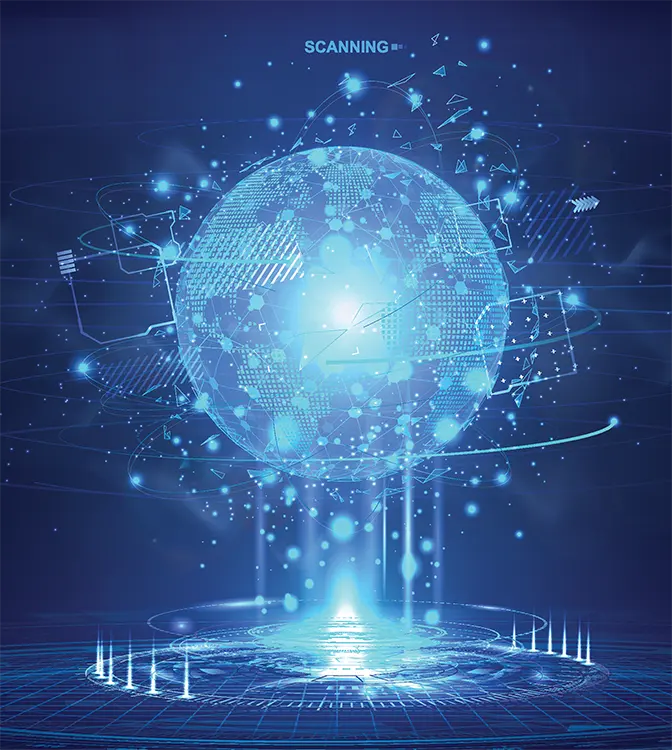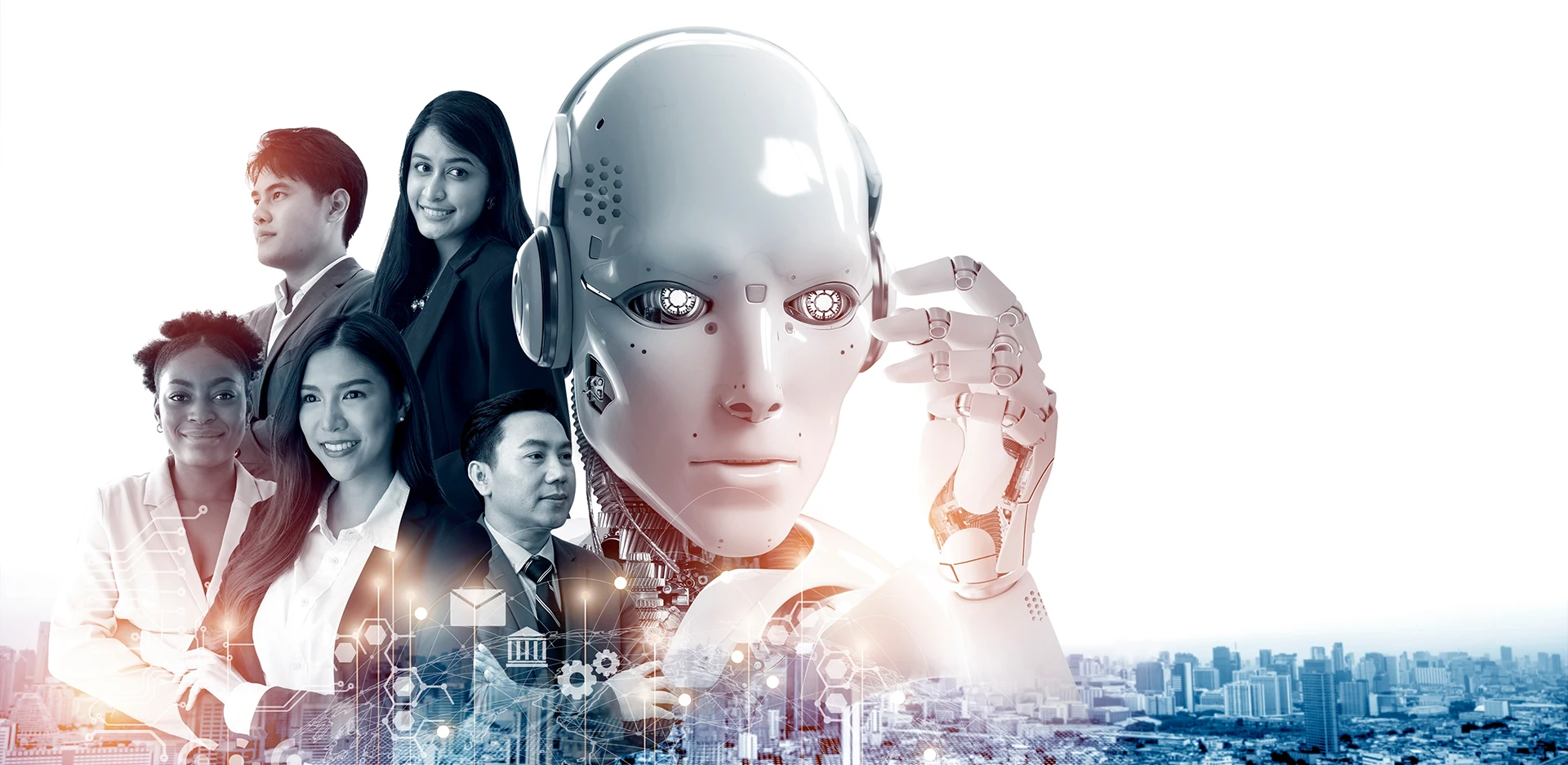The Concert of AI in International Trade
My musings on an exciting era
My thoughts
The Rise of the Digital Conductor
AI has made an impressive entry as a tech-savvy maestro wielding algorithms and data with its baton. It’s a fascinating journey already, filled with opportunities and challenges. But this isn’t just a story of zeros and ones; it’s a tale of transformation, opportunities, and some eyebrow-raising challenges. Let’s embark on a narrative journey /concert to explore how AI is reshaping the realm of global commerce.
As a cultural analyst, I am not an AI expert. However, I find the field utterly fascinating. Inspired by thought leaders like Ethan Mollick, Jim Sterne, and others on platforms such as LinkedIn, I’m reminded of the early days of the internet. That same sense of thrilling possibility that marked the turn of the millennium is palpable once again. And as all change comes with the good, the bad and the ugly, we will see this once again as AI begins to conduct the grand orchestra. This happens in all stages of life. Based on my field of expertise in international culturally driven analysis and marketing, I’m interested in how this might affect global trade and export. For now, this story is based on my thoughts. As changes are so rapid, it is likely I might have to review my opinion based on upcoming changes and how we are going to use AI, whether it is in a good, a bad or an ugly way.

The Global Melody of Efficiency
The moment AI, in the form of more accessible tools, stepped onto the scene, it rapidly revolutionised how businesses interact, negotiate, and execute transactions across borders. With AI-driven tools, companies can predict market trends, personalise customer experiences, and optimise supply chains with the finesse of a maestro leading an orchestra. And we are just at the beginning. Efficiency is the new buzzword, and AI is the composer. By automating mundane tasks, AI allows businesses to focus on innovation and strategy. It’s like having a virtual assistant who never sleeps, tirelessly analysing, organizing, and streamlining processes.
The big keyword is Efficiency. In some countries, this is seen as the optimum and worth striving for: Everything is efficient, no time-wasting. I hope that with this efficiency, there will grow an awareness that time-wasting can be a great asset. Think of doing business from your company in New York with a company in Paris. Now people are forced to be so efficient on the task that there is no room for enjoying Paris, learning about the city, the local culture and its people. I really wish that companies would embrace the efficiency of AI and, at the same time, offer their staff to learn about the other culture in a non-efficient way. That would create a win-win situation, as international business is about people. Although we might change some ways we do things in our daily lives based on AI, it won’t change us as much as some people now predict.
The Discordant Notes
However, every melody has its discordant notes, and AI’s impact on international trade is no exception. The increased reliance on AI-driven processes has led to a surge in energy consumption, as these digital brains require vast amounts of power to function. This up-tick in energy usage inadvertently contributes to higher CO2 emissions, a not-so-green side effect of our AI-led future.
Due to climate change and the lockdowns during the COVID-19 pandemic, businesses got used to reducing travel. Business meetings could be done online, so this became the new normal. Now, or in the near future, a sophisticated AI could enhance this strategy with an AI system predicting supply needs, tracking shipments, and even negotiating with suppliers, all in real time. But will this efficiency enhance international trade?
Moreover, there’s the human element. In a world growing ever more digital, people crave the authenticity of face-to-face interactions. The irony? As AI makes international trade easier, it also fuels a desire for in-person meetings. There’s a certain “je ne sais quoi” about looking someone in the eye, a sentiment that no amount of video conferencing can replicate. Every deal is based on trust. The best way to learn to know each other and learn to trust each other is by meeting each other. Not only for the very efficient business meeting but by having a long lunch in Paris, going to a karaoke bar in Seoul, drinking and dancing in Rio or going on a hunt or meeting the family of your potential client for a long weekend, all without speaking a word about work-related topics. Every international salesperson can tell you these kinds of stories, which are groundbreaking. Hence, paradoxically, AI might lead to more business travel, not less, as trust becomes a premium commodity in the AI age of international trade.
Harmonising the Future
So, what’s the finale of this symphony? The future of international trade with AI isn’t a solo performance; it’s a duet between technology and humanity. The key lies in striking a balance. Companies must embrace AI’s capabilities while staying attuned to the environmental impact and the value of human connection. After all, we will remain human.
As I close the curtain on this tale for now, remember: AI in international trade is a powerful tool, but it’s the human touch that turns a transaction into a relationship and a data point into a story.
And perhaps/ hopefully, this story will become an Unfinished Symphony with many notes to be added.
